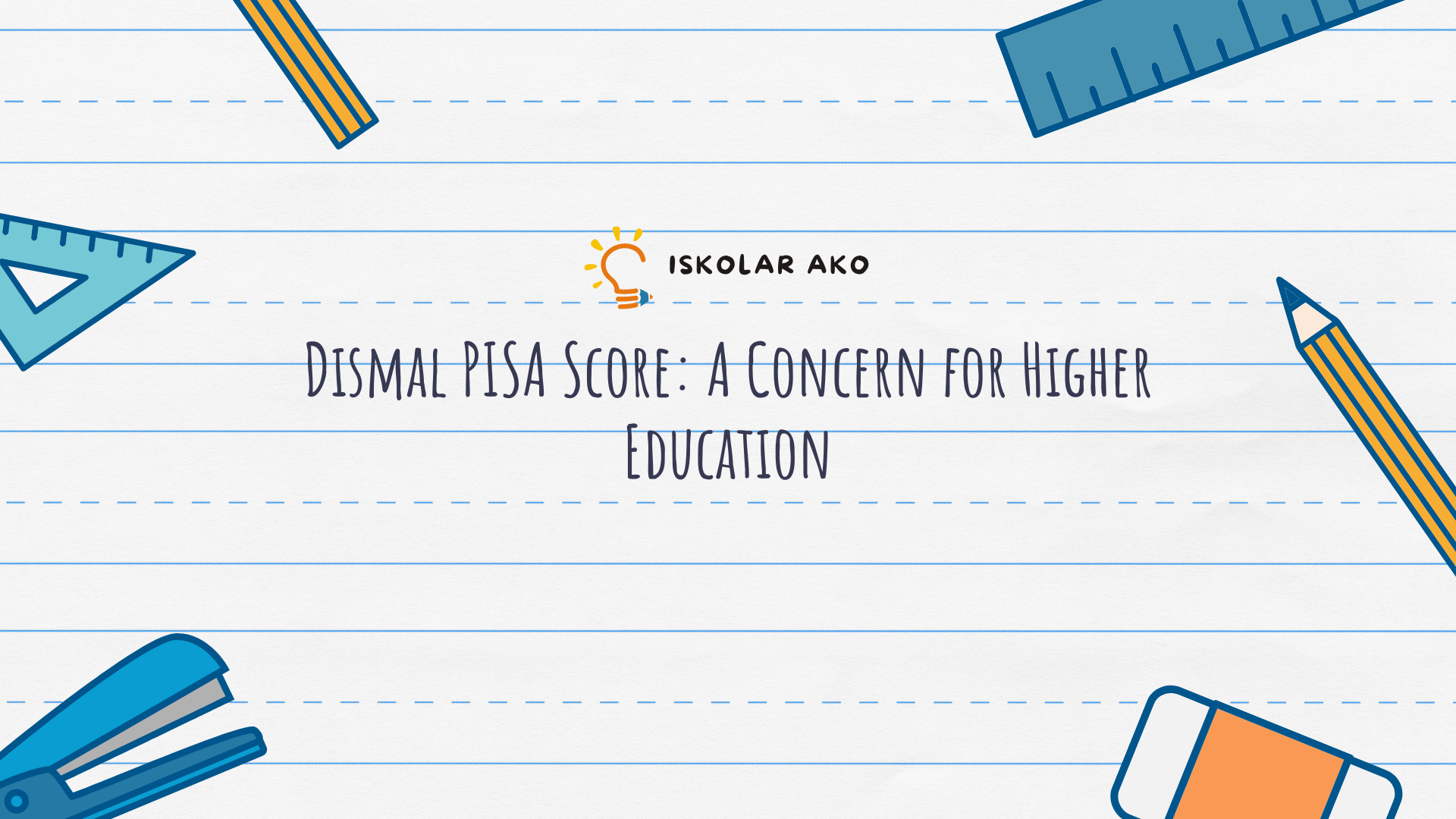
In a recent Senate hearing, Dr. Portia Padilla of the University of the Philippines – College of Education highlighted that the country’s poor performance in the 2022 Programme for International Student Assessment (PISA) should not only be seen as a basic education problem but also as a concern for higher education. The PISA scores, which measure the academic performance of 15-year-old students in reading, mathematics, and science, revealed that Filipino students were lagging behind their international peers by up to six years.
Dr. Padilla emphasized the importance of addressing this issue, stating, “The PISA problem is not just a basic education problem. It’s also a higher education problem. But then, we say that we produced the products — true. But then you’re supposed to have the last frontier, so to speak.” She raised the question of why education graduates who pass the Licensure Examination for Teachers (LET) often struggle to perform well in actual classrooms.
Undervaluing Teaching and Reading
According to Dr. Padilla, the country’s dismal PISA rating can be attributed to the undervaluation of teaching and reading. She argued that if the teaching profession were truly valued, teachers would receive better salaries instead of a measly amount. This lack of value placed on the teaching profession has consequences for the quality of education provided to students.
In addition, Dr. Padilla pointed out the inadequate conditions in which teachers’ licensure exams are conducted. Many venues are located beside noisy streets and lack air conditioning, creating a less-than-ideal environment for aspiring teachers to demonstrate their knowledge and skills. These conditions further contribute to the challenges faced by education graduates when they enter the classroom.
Furthermore, Dr. Padilla highlighted the need for the national government to prioritize reading by implementing Republic Act 7743, which mandates the establishment of a reading center in every barangay. By placing a greater emphasis on reading, the country can improve literacy rates and enhance overall educational outcomes.
Being Part of the Solution
Dr. Padilla concluded her remarks by acknowledging that as a society, “we are a part of the problem.” However, she also emphasized the importance of being part of the solution. Concrete steps need to be taken to address the issues within the education system and ensure that both basic and higher education are given the attention they deserve.
It is crucial for all stakeholders, including the government, educational institutions, and the public, to recognize the significance of providing quality education to future generations. By valuing the teaching profession, improving the conditions for licensure exams, and prioritizing reading, the country can work towards narrowing the achievement gap and improving its international standing in education.
Ultimately, the PISA problem should not be seen as a mere indicator of basic education performance. It is a reflection of the broader challenges faced by the entire education system, including higher education. By addressing these challenges head-on, the country can pave the way for a brighter future for its students and ensure that they are equipped with the knowledge and skills needed to succeed in an increasingly competitive global landscape.


